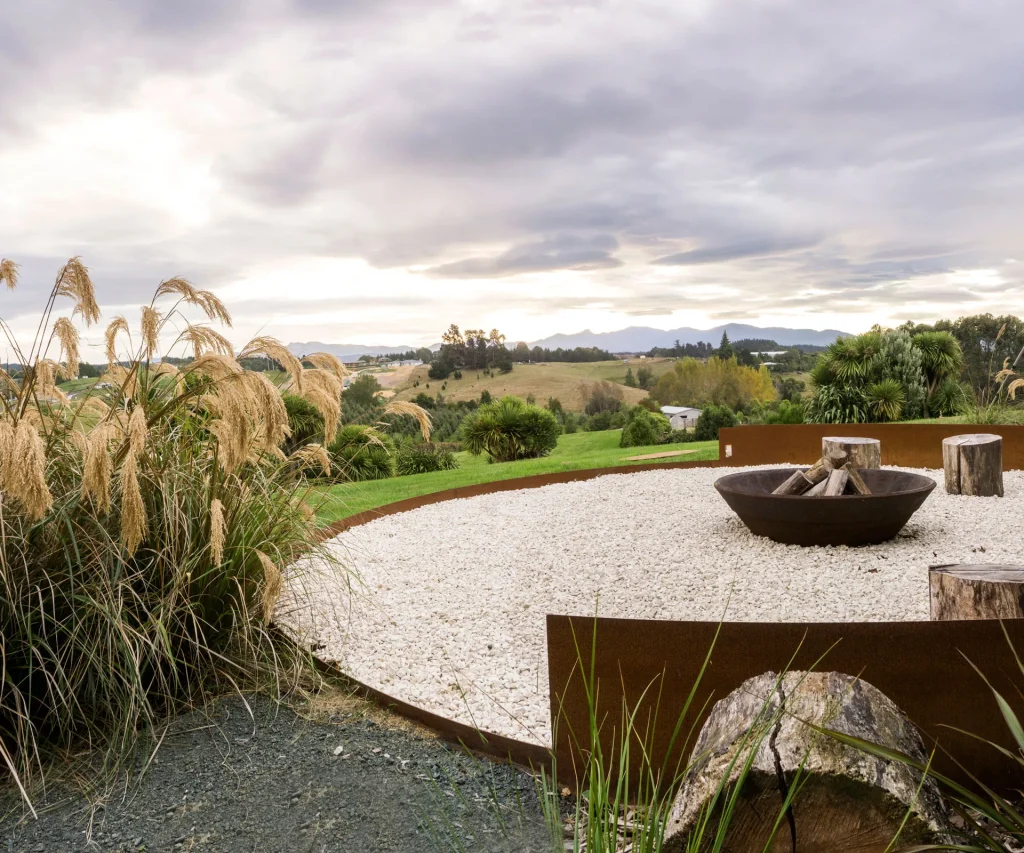In our busy and fast-paced world, finding moments of peace and tranquility can be a challenge. Many people are turning to mindfulness and meditation practices as a way to center themselves and find inner calm. One way to incorporate these practices into our daily lives is by creating a garden space designed specifically for mindfulness and reflection.
Gardens have long been known for their therapeutic benefits, with studies showing that spending time in nature can reduce stress, improve mood, and enhance overall well-being. By designing a garden with mindfulness and reflection in mind, we can further enhance these benefits and create a space that promotes relaxation and inner peace.
When designing a garden for mindfulness and reflection, it’s important to consider the principles of Zen and mindfulness practices. These include simplicity, balance, harmony, and a connection to the natural world. Here are some tips for creating a garden that fosters a sense of peace and mindfulness:
1. Create a sense of flow: A garden designed for mindfulness should have a natural flow that guides visitors through the space in a calm and soothing way. Use pathways, curves, and meandering lines to create a sense of movement and progression. Avoid any sharp angles or abrupt changes in direction, as these can disrupt the flow and create a sense of unease.
2. Choose calming colors: Colors have a powerful impact on our emotions and can help create a sense of tranquility in a garden space. Choose colors that are calming and soothing, such as soft greens, blues, and purples. Avoid bright, bold colors that can be stimulating and overwhelming.
3. Incorporate natural elements: To connect with the natural world and foster a sense of mindfulness, incorporate natural elements into your garden design. Use materials such as wood, stone, and water to create a sense of harmony and balance. Plant native flowers and shrubs to attract birds and butterflies, adding to the sense of tranquility and connection to nature.
4. Create spaces for reflection: In a garden designed for mindfulness, it’s important to provide spaces for quiet reflection and contemplation. This could be a secluded seating area, a peaceful corner with a meditation bench, or a cozy nook surrounded by plants and flowers. Consider adding a water feature, such as a fountain or pond, to create a soothing sound that helps to drown out distractions and promote relaxation.
5. Embrace simplicity: In the practice of mindfulness, simplicity is key. Keep your garden design simple and uncluttered, with clean lines and minimalistic elements. Avoid overcrowding the space with too many plants or decorations, as this can create a sense of overwhelm and distract from the peaceful atmosphere you’re trying to create.
6. Create a sensory experience: Mindfulness is about being present in the moment and fully experiencing your surroundings. To enhance the sensory experience in your garden, consider adding elements that engage all of your senses. Plant fragrant flowers and herbs to fill the air with calming scents, add wind chimes or bells for soothing sounds, and incorporate textured materials like moss or pebbles to engage the sense of touch.
7. Encourage movement and interaction: In a garden designed for mindfulness, movement and interaction are important aspects to consider. Include elements that invite visitors to engage with the space, such as stepping stones, a labyrinth, or a walking meditation path. Encourage visitors to move through the garden slowly and mindfully, paying attention to each step and each breath.
8. Consider the seasons: A garden designed for mindfulness should be able to be enjoyed year-round, so it’s important to consider how your garden will change with the seasons. Choose plants that bloom at different times of the year, and incorporate elements that provide interest in every season, such as evergreen shrubs, ornamental grasses, or a winter garden with colorful berries and branches.
By following these tips and principles, you can create a garden space that promotes mindfulness and reflection, allowing you to find moments of peace and tranquility in your busy life. Whether you use your garden for meditation, quiet reflection, or simply to unwind after a long day, the benefits of creating a mindful garden are sure to enhance your overall well-being and happiness.

